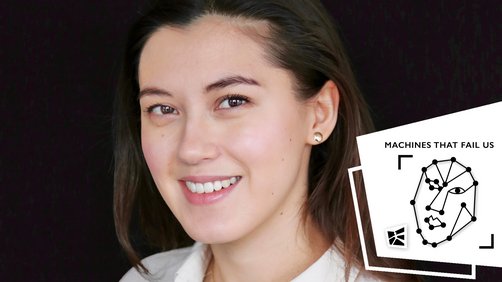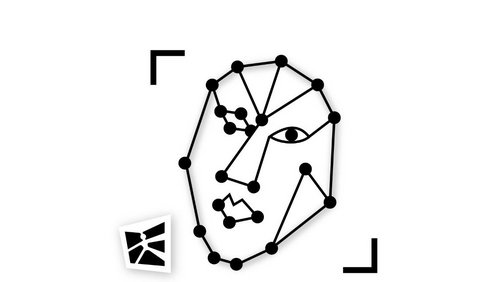Background - 20.11.2023 - 10:29
AI legislation and its impact on European innovation
The 2023 Swiss Robotics Day didn't just celebrate innovation; it raised serious concerns about the imminent European Union legislation on artificial intelligence (AI). An article by Viktoriya Zakrevskaya.

The Swiss Robotics Day 2023 not only championed innovation, but also expressed serious concerns about the European Union's forthcoming legislation on AI. Picture: aoo3771 / photocase.de
This Act is poised to become the world's first comprehensive legislation on AI. However, questions linger about its practical implementation and its potential impact on the rapidly evolving AI landscape, especially considering the swift advancements in technology.
The discussions at the 2023 Swiss Robotics Day, once buoyant with the promise of groundbreaking advancements, have gradually shifted towards apprehension and a cautious trajectory. Participants echoed concerns about the stifling effect of regulatory oversight, particularly the imminent AI act, on the innovation ecosystem.
Regulation vs. innovation
There's a prevailing sentiment that while Europe strives for meticulousness in product perfection, the risk-averse regulatory environment might inadvertently hamper the sparks of innovation. This paradox of desiring flawlessness while grappling with the inherent uncertainty of cutting-edge technologies creates a fragile balance, where startups and radical innovation ventures face the risk of being suffocated at their early stages.
In Switzerland, a country esteemed for its innovation virtues, and across Europe, there's an underlying concern that the regulatory landscape, if not carefully navigated, could hamper the continent's ability to bridge the gap between scientific ingenuity and business applications. The fear looms large that startups, often the cradle of disruptive technologies, might face insurmountable barriers, stifling their growth and potential contributions to societal and technological evolution.
Vision of the HSG Grand Challenge
Amidst these discussions, I could not help but thinking of the results we had with the first HSG Grand Challenge: The EU A.I. Act 2023. This groundbreaking challenge gathered twelve teams, each comprising professionals spanning computer science, law, and social sciences. Their task was formidable: to scrutinize AI applications, ranging from healthcare to telecommunication, under the lens of the evolving AI Act. Teams examined whether specific technologies qualified as high-risk under the Act, assessing compliance with its mandates on human oversight, risk management, data transparency, and cybersecurity. The goal was not just to assess compliance but also to provide actionable insights for the technology companies in order to enhance their adherence to the Act.
These meticulous assessments collectively subjected the AI Act to an exhaustive stress test, effectively highlighting the Act's practical implications. Insights on the findings by the Founder of the Grand Challenge, Prof. Thomas Burri can be found here.
As stakeholders navigate the uncharted waters of AI regulation, the lessons learned from such initiatives as the Grand Challenge provide invaluable insights, steering the trajectory towards a regulatory landscape that fosters innovation without compromising ethical standards or stifling progress.
As the innovation community in Switzerland and Europe braces for the regulatory tide, the need for calibrated, forward-thinking policies becomes ever more pressing. The fate of innovation hangs in the balance as stakeholders and policymakers navigate this intricate terrain.
Viktoriya Zakrevskaya is the inaugural fellow of Swiss Robotics Day 2023, was the executive manager of the University of St.Gallen’s Grand Challenge on AI, and is a lecturer at HSG.
More articles from the same category
This could also be of interest to you
Discover our special topics



![[Translate to English:] Choix Goncourt de la Suisse | unisg.ch](https://www.unisg.ch/fileadmin/_processed_/b/a/csm_Choix_Concourt_de_la_Suisse_HT-Stibi-069_2110740678.jpg)





![[Translate to English:] KI-Regulierung in der Schweiz | unisg.ch](https://www.unisg.ch/fileadmin/_processed_/2/f/csm_KI_AdobeStock_ipopba-2000x1125_6af0ce2f92.jpg)






